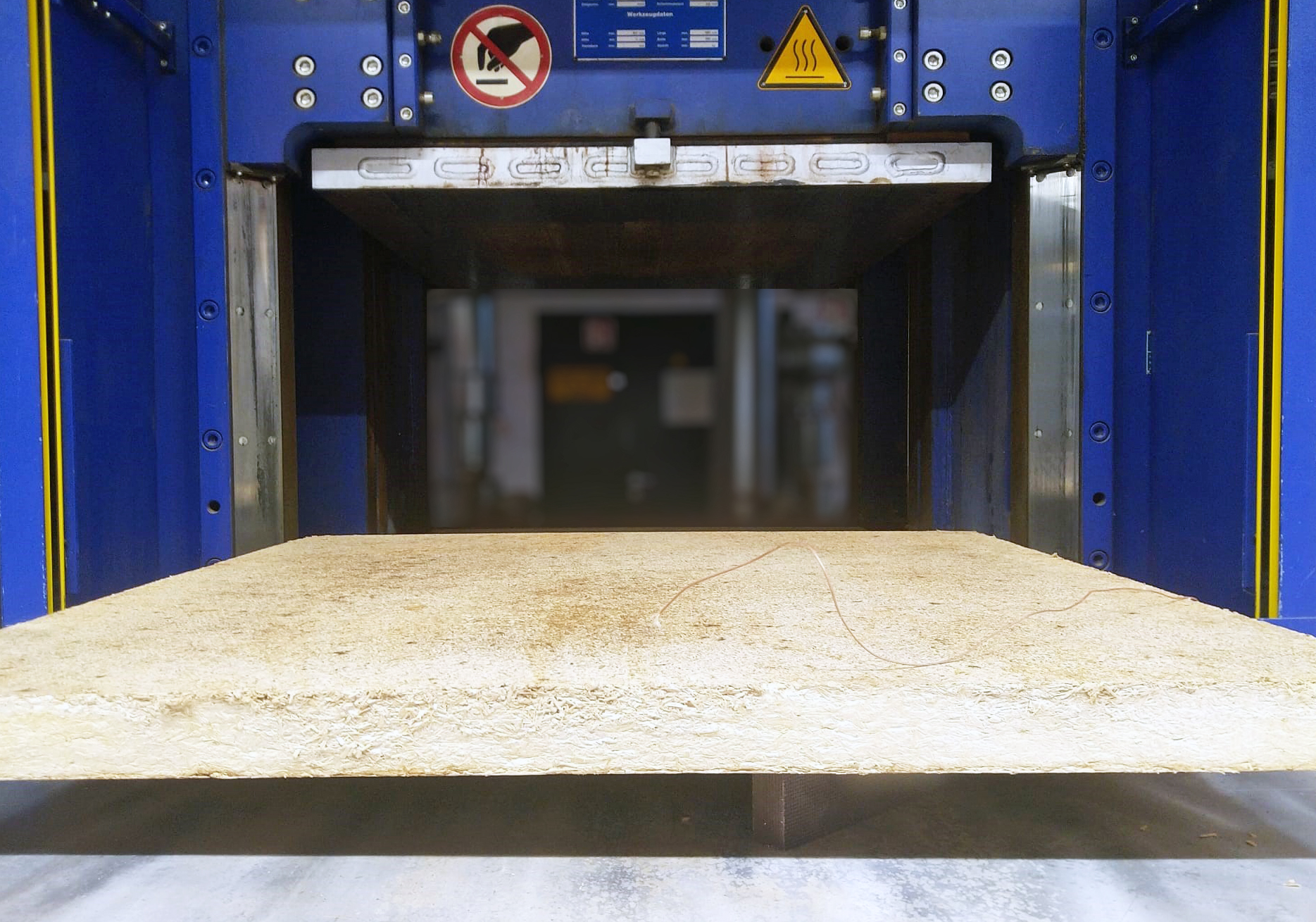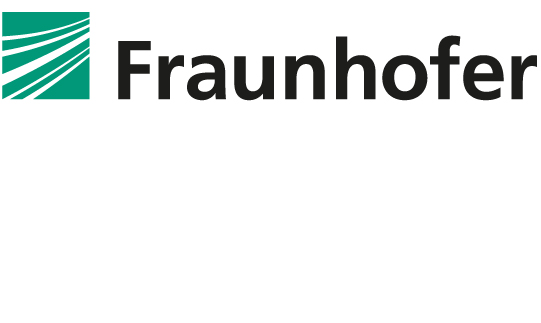WKImeetsYcolabs:
Fungal mycelium-based thermal-insulation materials with optimized properties for the construction industry and other sectors
How can particularly sustainable thermal insulation materials be produced for buildings? With fungi! In collaboration with the Braunschweig-based start-up “YcoLabs”, we are using the organic growth of fungal mycelium as a natural binder in order to process plant residues such as hemp hurds, wood shavings or elephant-grass fibers into insulation materials. One particular advantage: The insulation materials can be allowed to grow into virtually any shape and size. This makes them very versatile. In order to demonstrate the performance capabilities of the fungal insulation materials, we are producing prototypes for an application example and testing them in a real operational environment. In subsequent pilot projects with the construction industry, we aim to further develop the insulation materials into a variety of marketable products. In this way, we are providing a contribution towards an increase in the proportion of renewable raw materials in buildings and, consequently, towards achieving climate- and environmental-protection targets.
The startup YcoLabs has the task of sterilizing selected test substrates, inoculating them with fungal mycelium, allowing them to grow through in a controlled manner (incubation) and optimizing these process steps. Amongst other resources, YcoLabs thereby draws on the infrastructure of Protohaus gGmbH (Biolab/Pilzwerkstatt - fungus workshop). By means of a technology developed at the Fraunhofer WKI, these mycelium-based materials are partially compacted, dried and inactivated. In the first project phase, the project team successfully developed the first mycelium-based, thermally insulating materials in this way.
In the second project phase, the project team is focusing on the further development of the process with regard to:
- Reduction of production time
- Improvement of fire protection
- Optimization of other technical properties, such as compressive strength and water stability
The aim is to increase competitiveness against conventional thermal-insulation materials made from fossil and finite raw materials, such as EPS (polystyrene), glass wool or mineral wool. Furthermore, with mycelium-based insulation materials, we want to offer a more sustainable alternative to previously available organic insulation materials.
Mycelium-based thermal-insulation materials are highly suitable for lightweight-construction applications. Through the choice of substrates and process-engineering settings, a variety of bulk densities can be achieved (approx. 100 to 200 kg/m3).
The boards and molded bodies are provided with shape and stability solely through the binding forces of the fungal mycelium. By dispensing with synthetic binders, emissions of health-critical substances such as formaldehyde and other volatile organic compounds (VOCs) can be avoided.
One particular advantage of mycelium-based thermal-insulation materials is that they are completely and easily biodegradable. They can therefore be disposed of easily and comparatively cheaply.
Last modified:
 Fraunhofer Institute for Wood Research
Fraunhofer Institute for Wood Research 

